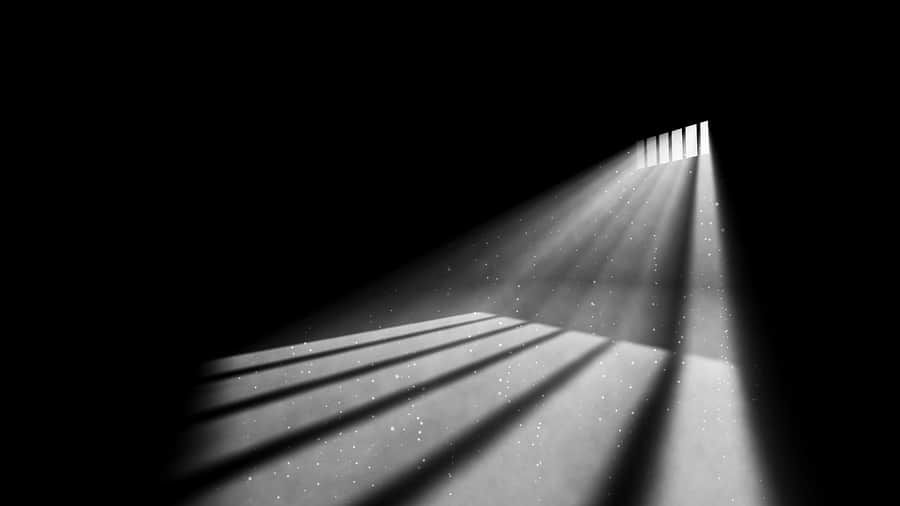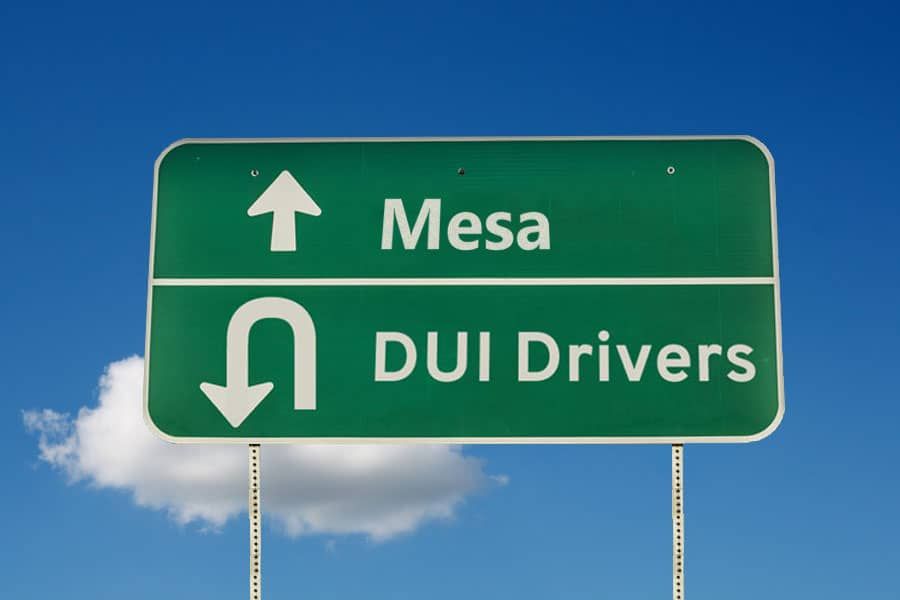A glitch in North Carolina’s penal system is short-changing the state’s efforts to reform drunk drivers.
An article in The Marshall Project tells the story of North Carolina DWI offenders who are serving time – years – in jails that are meant for short-term stays. As a result, these offenders have no access to the facilities that prisons offer: drug and alcohol treatment, job training, and education.
Jail For DWI: How Good Intentions Fail
These offenders are in jails because North Carolina decided to reduce the state’s prison population in 2011 with the Justice Reinvestment Act. Misdemeanor offenders, including DWI offenders, were sent to jails instead of state prisons. At the same time, the state was getting tougher on drunk drivers, imposing mandatory sentences on certain DWI offenses. Both these moves had good intentions: the first was designed to reduce state spending and divert funds directly into communities. The second was to reduce drunk driving by getting tough on serious offenders.
There was a problem: as a result of these two moves, repeat DWI offenders, people with alcohol problems and other substance issues, are being sent to local jails where they get no treatment. When they are released, the chances are they will drive drunk again.
What Works: Sobriety Court Plus Ignition Interlocks
The most effective system for dealing with DWI offenders is the sobriety court/ignition interlock combination, which has been praised for the success this method has found in, for example, Michigan:
- Offenders receive direct supervision by an officer who ensures that all aspects of the program are being followed.
- Offenders go to regular treatment sessions and the results are shared with officers.
- The court ensures that an ignition interlock – a device which prevents a vehicle from starting if the driver has been drinking – is installed on the offender’s vehicle. In non-supervised settings, a large percentage of offenders don’t comply with the interlock order.
- The interlock ensures that an offender retains driving privileges, and can therefore get to treatment.
- The expense of incarceration is avoided.
- Offenders can maintain or improve their employment situation, which would not be possible without the interlock and supervision.
Naturally, jail for DWI is sometimes called for. But in cases of long-term imprisonment, offenders must have access to treatment for the issues which caused them to be there. Making people sit in a local jail, without treatment, proper exercise facilities, or opportunities for education or self-betterment, is no way to improve a social ill.
You can’t imprison your way out of an alcohol problem. Better solutions are out there, at least for some of the offenders who are now in North Carolina’s jails.


 Mesa Awarded Cash to Fight Drunk Driving
Mesa Awarded Cash to Fight Drunk Driving